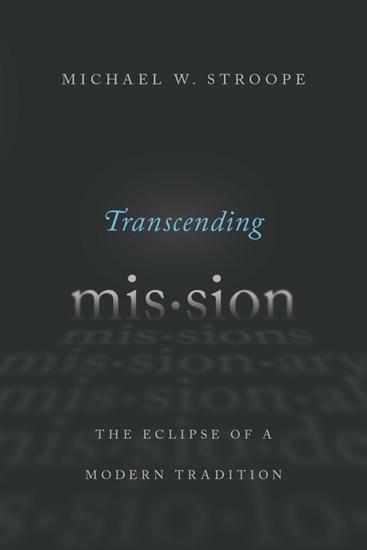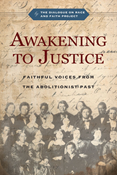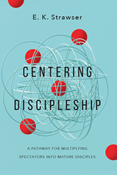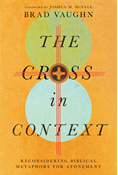
|
Transcending Mission
paperback
|
- Length: 459 pages
- Dimensions: 6 × 9 in
- Published: February 24, 2017
- Imprint: IVP Academic
- Item Code: 5167
- ISBN: 9780830851676
-
Other Retailers:
Amazon*
*affiliate partner
-
ebook
IVP Readers' Choice Award
Mission, missions, missional, and all its linguistic variations are part of the expanding vocabulary and rhetoric of the contemporary Christian missionary enterprise. Its language and assumptions are deeply ingrained in the thought and speech of the church today. Christianity is a missionary religion and faithful churches are mission-minded. What's more, in telling the story of apostles and bishops and monks as missionaries, we think we have grasped the true thread of Christian history.
But what about those odd shapes, those unsettling gaps and creases in the historical record? Is the language of mission so clearly evident across the broad reaches of time? Is the trajectory of mission really so explicit from the early church to the present? Or has the modern missionary enterprise distorted our view of the past?
As with every reigning paradigm, there comes a point when enough questions surface to beg for a close and critical look, even when it may seem transgressive to do so. In this study of the language of mission—its origin, development, and application—Michael Stroope investigates how the modern church has come to understand, speak of, and engage in the global expansion of Christianity. There is both surprise and hope in this tale. And perhaps the beginnings of a new conversation.
"In conference after conference, in conversation after conversation, the question inevitably surfaces: Should we abandon the word mission? This is the question that Michael Stroope asks in this volume. His answer is affirmative. Perhaps the word mission has run its course, and in its place we should substitute the phrase 'pilgrim witness to the kingdom.' Not everyone will agree, and not everyone will fully accept the new language that he proposes. Nevertheless, Michael Stroope has taken the risk of a frank discussion and a fresh proposal. This work should provoke a lively and creative debate, one that will no doubt transcend the present impasse."
"All the main churches of the UK have 'mission' high on their list of priorities at the moment—mostly in the sense of 'missional church' or 'evangelization.' So Michael W. Stroope's findings that 'mission' is a late usage—unsupported by the Bible and premodern Christian literature—will certainly provoke. Nevertheless, when so much is invested in mission, this in-depth and insightful interrogation of the discourse and rhetoric is essential reading for scholars and practitioners alike."
"Transcending Mission is an extremely helpful guide to separating the Christian witness from the baggage accumulated by the modern missions movement."
"Stroopes' work is in many ways a tour de force. . . . There is plenty to consider in how the church has understood mission. Hopefully, the 'missionary industrial complex' (if there is such a thing) will take time to digest what Stroope is advocating, thereby finding the language to share the glad tidings of salvation. Persons who have read Wright, Bevans, Schroeder, Bosch, and others need now to listen to another voice and contend."
CONTENTS
Prologue
Acknowledgments
Introduction: The Enigma of Mission
Part I: Justifying Mission
1. Partisans and Apologists
2. Reading Scripture as Mission
3. Presenting History as Mission
4. Rhetoric and Trope
Part II: Innovating Mission
5. Holy Conquest
6. Latin Occupation
7. Mission Vow
8. Ignatian Mission
Part III: Revising Mission
9. Protestant Reception
10. Missionary Problems
Epilogue: Toward Pilgrim Witness
Abbreviations
Works Cited













